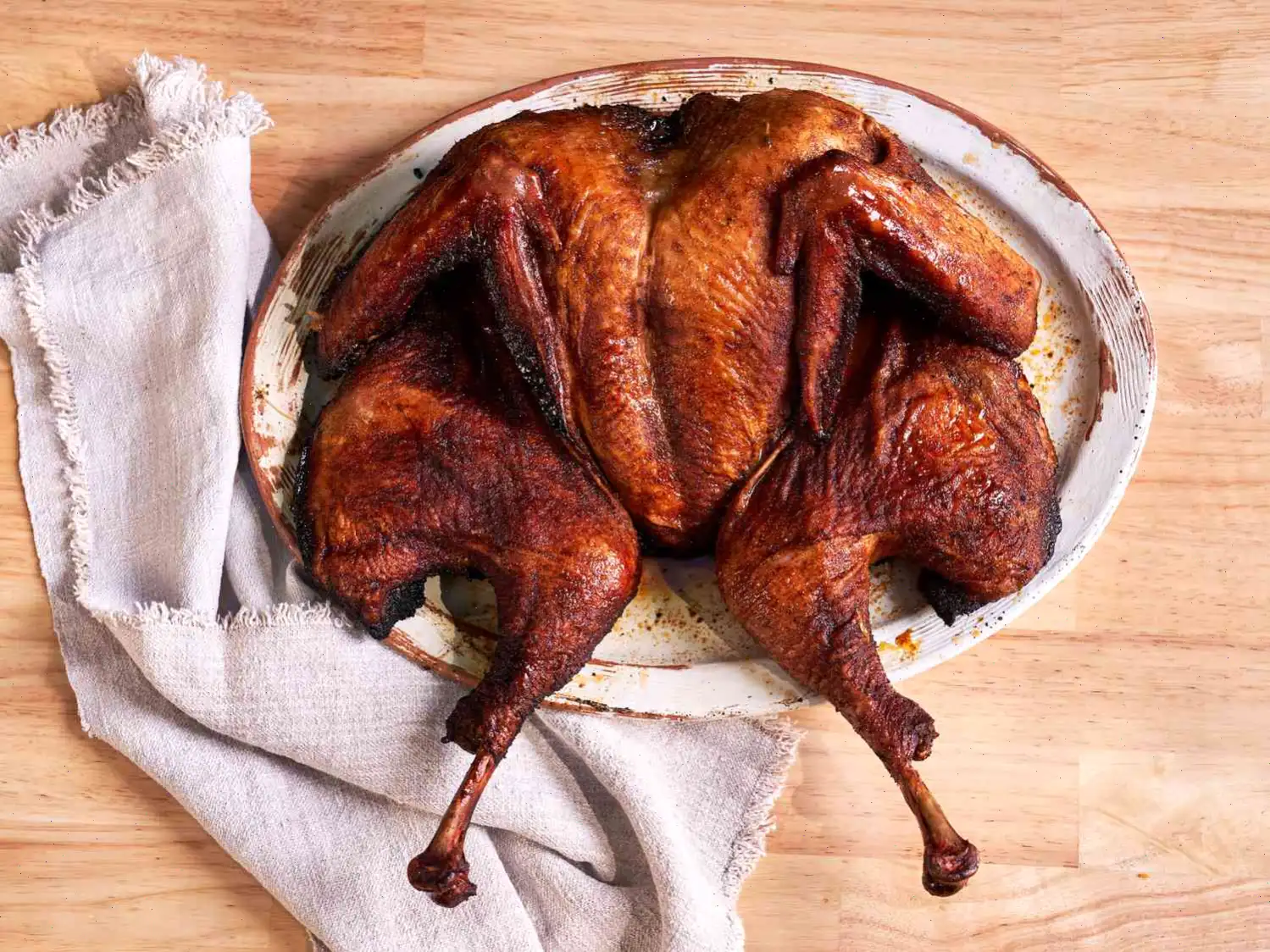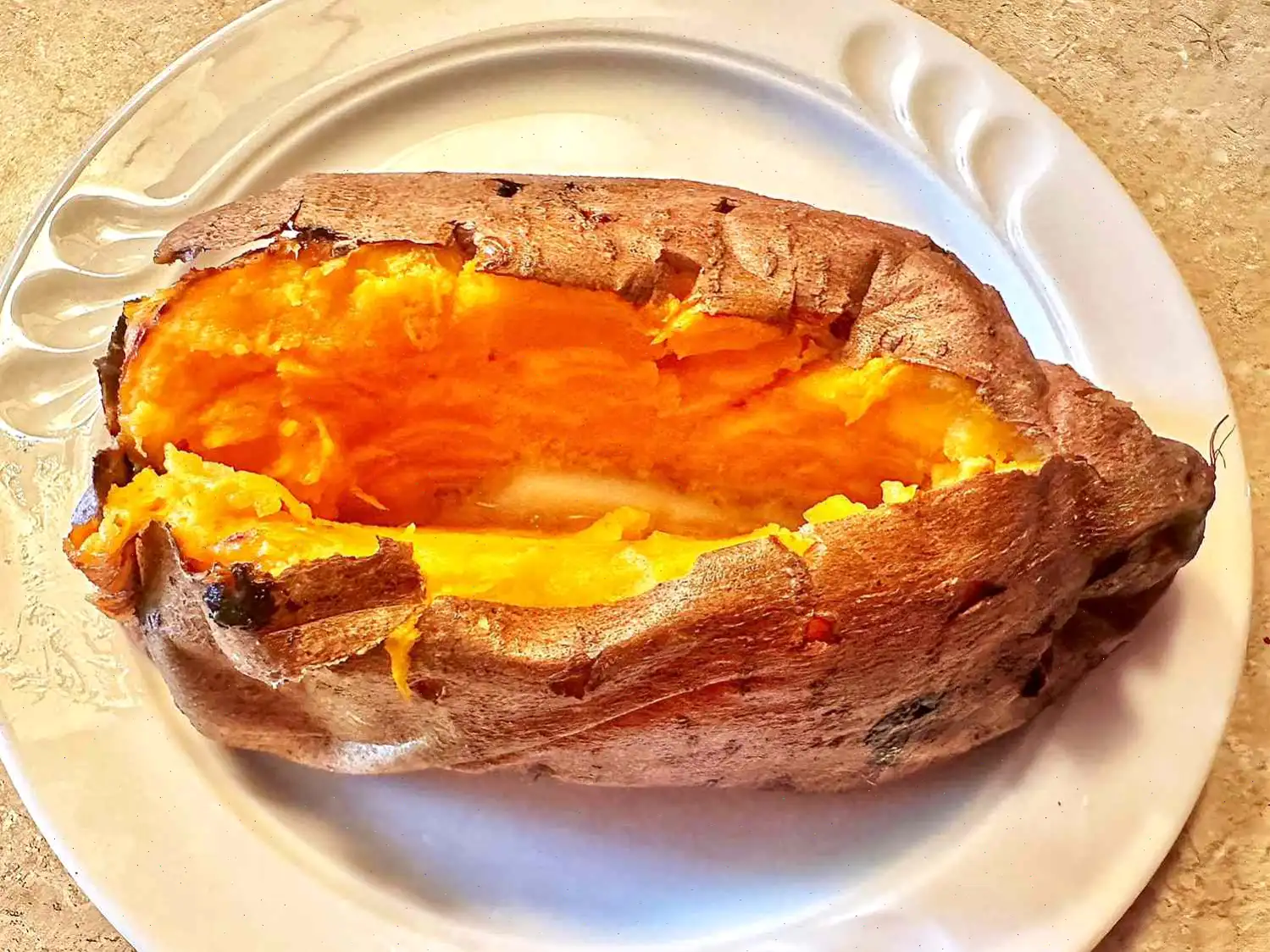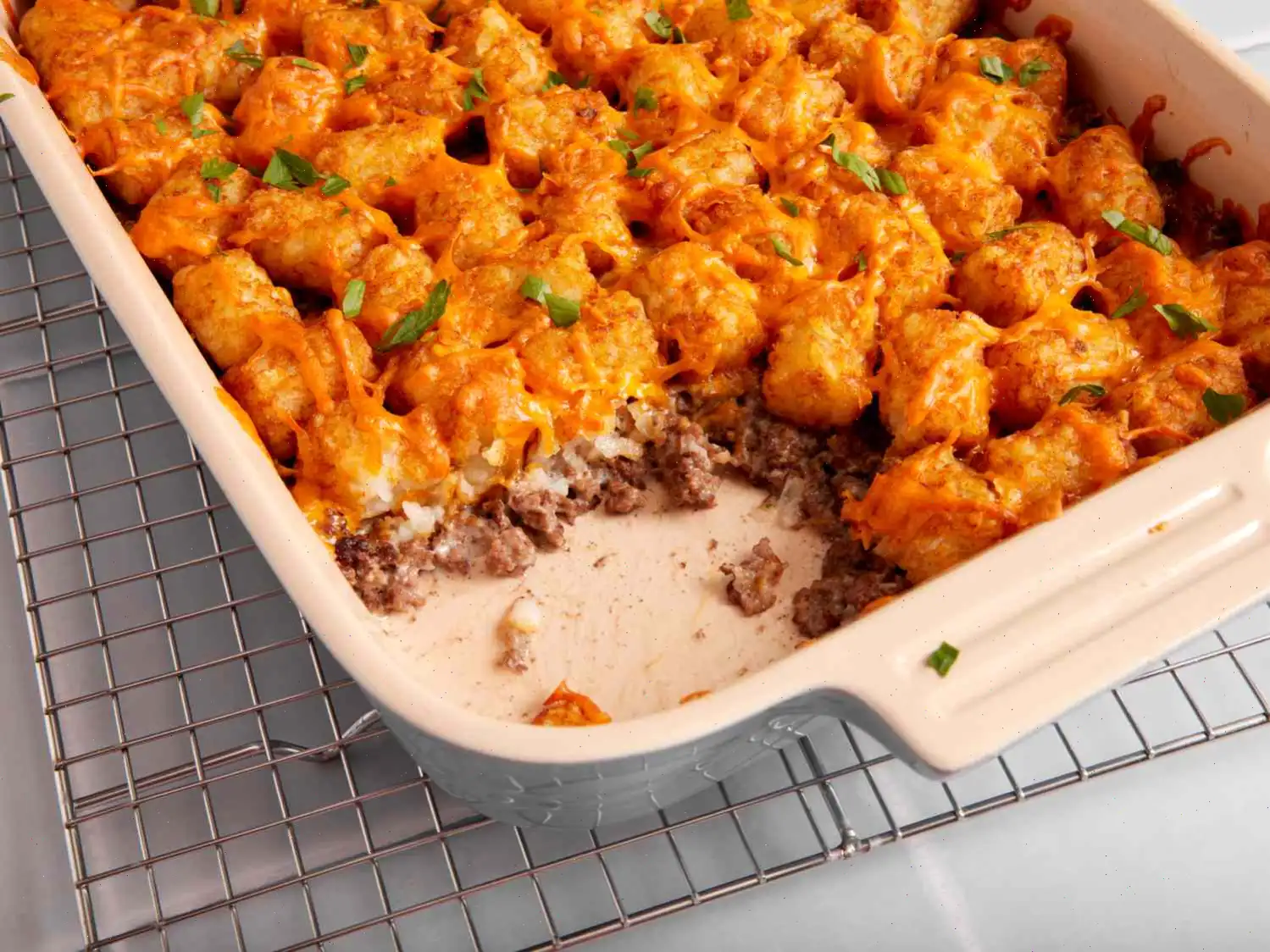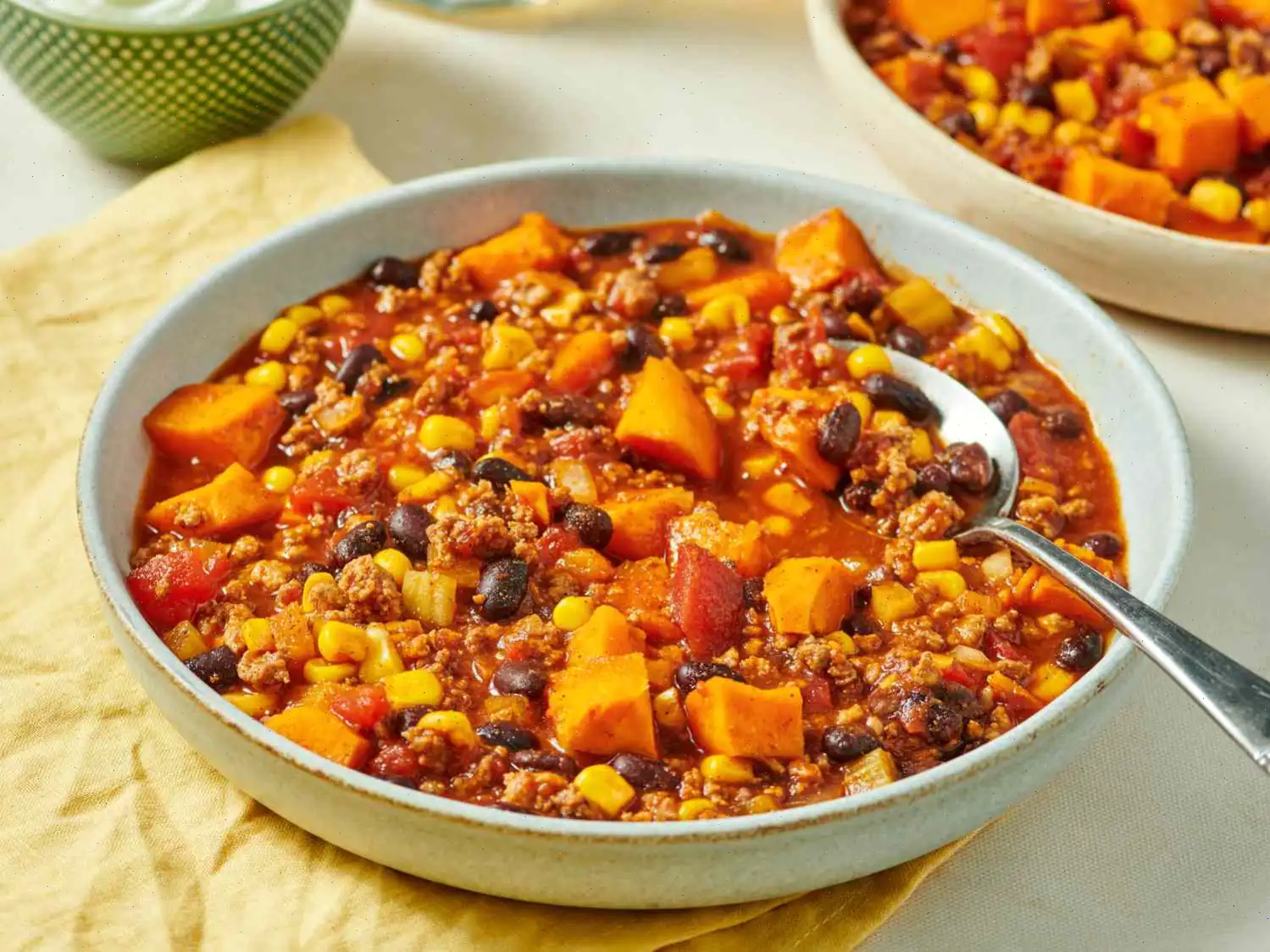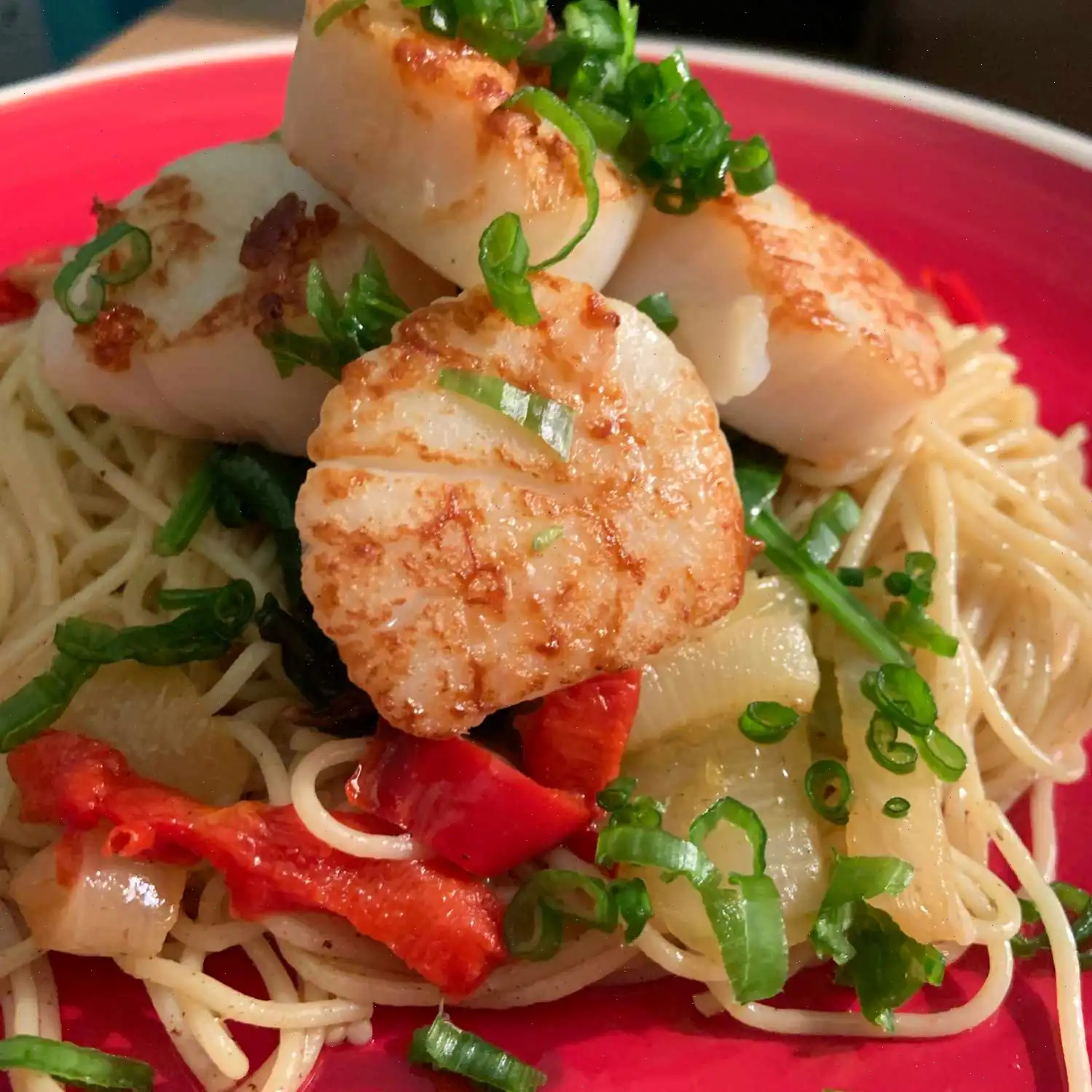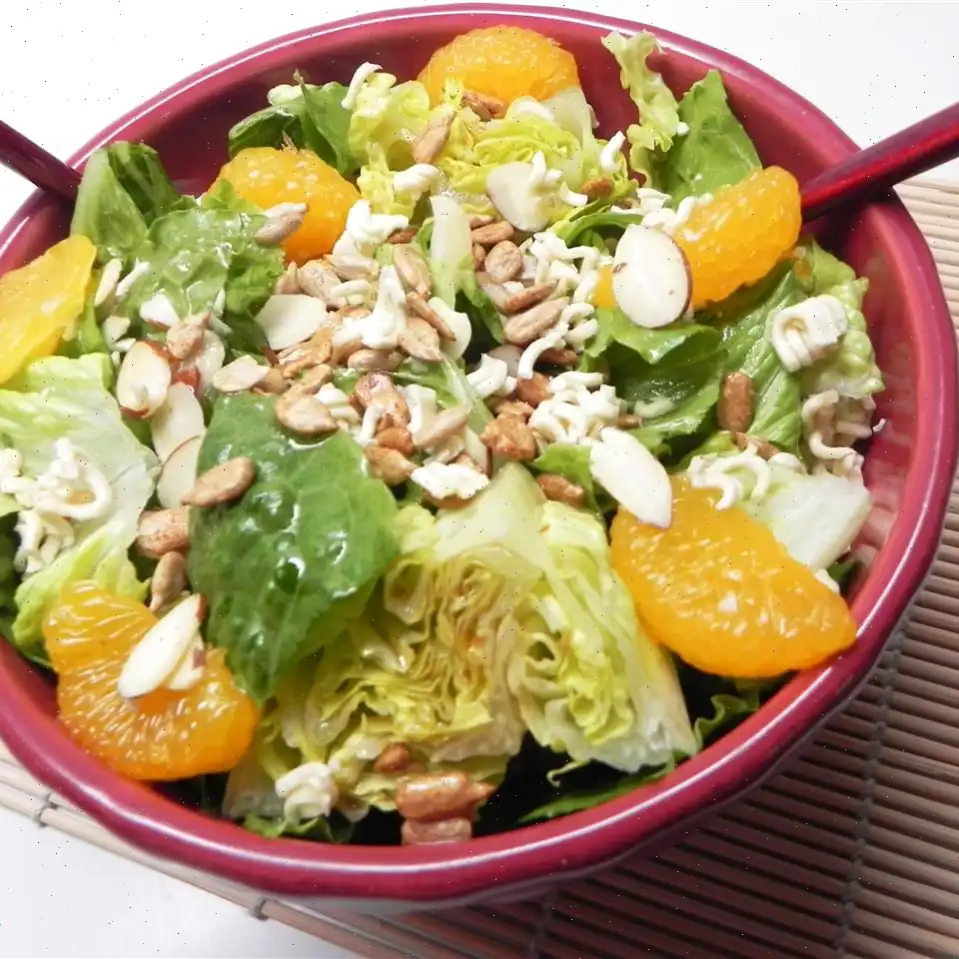
How to Smoke a Turkey Recipe
Ingredients
This recipe was developed at its original yield. Ingredient amounts are automatically adjusted, but cooking times and steps remain unchanged. Note that not all recipes scale perfectly.
- 1 (10 to 12 pound) whole turkey
- 1 cup salt
- 1/2 cup white sugar
- Zest from 2 oranges
Rub
- 1/4 cup smoked paprika
- 1/4 cup onion powder
- 1/4 cup garlic powder
- 1/4 cup sage
- 2 tablespoons mustard powder
- 2 tablespoons freshly ground black pepper
- 2 tablespoons salt
- 1 teaspoon cayenne pepper
Basting Spray
- 2 cups white vinegar
- 2 cups chicken stock
- 2 tablespoons brown sugar
- 2 oranges, juiced
- 3 sticks butter (1 1/2 cups)
- 3 bay leaves
- 10 sprigs fresh thyme
Directions
Step 1: Take the turkey out of the freezer and thaw it in the refrigerator for 5 days.
Step 2: Set the turkey on a cutting board, pat it dry, and remove the giblets from the cavity. Spatchcock the turkey (see Note).
Step 3: In a small bowl, mix salt, sugar, and orange zest until fully combined. Sprinkle the instant cure evenly and lightly all over the skin on all sides, and season the cavity as well. Place the turkey on a grate over a sheet tray and refrigerate, uncovered, for at least 1 hour or up to overnight.
Step 4: When ready to begin smoking, remove the turkey from the refrigerator and let it come to room temperature, about 1 hour.
Step 5: Preheat a smoker to 300 to 325 degrees F (160 to 165 degrees C).
Step 6: In a bowl, combine smoked paprika, onion powder, garlic powder, sage, mustard powder, black pepper, salt, and cayenne pepper for the dry rub. Stir to mix thoroughly.
Step 7: Place the turkey on a cutting board and pat it dry to remove as much moisture as possible. Lightly sprinkle the rub all over the skin, flip the turkey over, and sprinkle it into the cavity. Dont massage the rub in. Ensure the entire surface, as well as under and around the wings, is covered.
Step 8: Place the turkey in the center of the preheated smoker and close the lid. Monitor the temperature and adjust airflow as needed to maintain it. Set a timer for 45 minutes. This time is crucial for the turkey to adjust to the heat and smoke.
Step 9: Meanwhile, for the basting spray, combine vinegar, chicken stock, brown sugar, orange juice, butter, salt, and cayenne in a saucepan. Set over medium heat and stir until the sugar dissolves and the ingredients are well combined, about 5 minutes. Pour into a bowl to cool and add to a spray bottle for later use.
Step 10: Once the timer goes off, open the lid and check the internal temperature of the turkey. It should not read more than 95 degrees F (35 degrees C) at this point.
Step 11: Using a mop or brush, baste the turkey with the basting liquid for the first time. Close the lid. Adjust the heat, add more coals if needed, and return the smoker temperature to 275 to 325 degrees F (135 to 165 degrees C). Set a timer for another 45 minutes.
Step 12: When the timer goes off, baste the turkey lightly again. Close the lid and adjust the smoker as needed to maintain the temperature. Set a timer for the next 45 minutes.
Step 13: Check the internal temperature. It should read 155 to 160 degrees F (68 to 71 degrees C). If the temperature is any higher, pull the turkey off immediately.
Step 14: Baste the turkey again, flip it over, and baste the other side. Return it to the smoker, breast side down, and cook for an additional 5 minutes.
Step 15: Remove the turkey from the smoker and let it rest for 20 to 25 minutes. Once rested, baste again and serve.
Nutrition
Nutrition data for this recipe includes the full amount of dry rub, instant cure, and brine ingredients. The actual amount of dry rub, instant cure, and brine consumed will vary.
Nutrition Facts (per serving)
- Calories: 1669
- Total Fat: 83g (106% DV)
- Saturated Fat: 36g (178% DV)
- Cholesterol: 773mg (258% DV)
- Sodium: 16745mg (728% DV)
- Total Carbohydrates: 38g (14% DV)
- Dietary Fiber: 5g (16% DV)
- Total Sugars: 24g
- Protein: 183g (366% DV)
- Vitamin C: 41mg (45% DV)
- Calcium: 188mg (14% DV)
- Iron: 9mg (51% DV)
- Potassium: 1955mg (42% DV)
* Percent Daily Values are based on a 2,000 calorie diet. Your daily values may be higher or lower depending on your calorie needs.

History of Smoked Turkey
The practice of smoking meats dates back centuries, with origins rooted in ancient preservation techniques. Indigenous peoples in the Americas used smoking not only as a method to preserve meat but also to impart deep, rich flavors. The turkey, a native bird to North America, became a favorite for smoking, especially during festive seasons like Thanksgiving. Over time, smoking a turkey became an iconic tradition in American cuisine, celebrated for its tender, smoky flavor and crispy skin. This method allows the turkey to cook slowly, ensuring the meat remains juicy while developing a deep, smoky taste.
Regional Variations of Smoked Turkey
While smoked turkey is popular throughout the United States, different regions put their own spin on the technique. In the South, for example, smoked turkey is often paired with tangy barbecue sauces, incorporating local flavors such as vinegar and mustard. In the American Southwest, chili powders and southwestern spices like cumin and paprika are commonly used for a spicier rub. Each region has its own preferred smoking woods, with hickory, mesquite, and applewood being among the most popular choices, each contributing a unique flavor profile to the turkey.
How Smoked Turkey Differs from Other Poultry Dishes
Smoked turkey is distinct from other turkey preparation methods, such as roasting or frying, in that its cooked over indirect heat, absorbing smoke from wood chips or chunks throughout the cooking process. This slow cooking method allows the bird to retain moisture while developing a smoky depth of flavor that roasting or frying doesnt offer. Additionally, smoking typically involves a rub or brine, which seasons the meat both inside and out, enhancing the natural flavors. While roasted turkey can be flavorful, it often lacks the smoky aroma and complexity of a smoked version.
Where Smoked Turkey is Typically Served
Smoked turkey is commonly served at holiday gatherings, especially on Thanksgiving, but its popularity spans throughout the year. Many people enjoy it for family feasts, barbecues, or special occasions. Its rich and savory flavor makes it a perfect centerpiece for a festive meal. Some restaurants, particularly those specializing in barbecue or Southern cuisine, offer smoked turkey as part of their regular menu. Additionally, its often featured at cookouts or gatherings where grilling and smoking are central to the cuisine.
Interesting Facts About Smoked Turkey
- The process of smoking meat began as a way to preserve it before refrigeration was available. Smoking helped keep meat from spoiling by drawing out moisture and infusing it with antimicrobial compounds found in wood smoke.
- Turkeys smoked over applewood tend to have a mild, sweet flavor, while hickory gives a stronger, more robust smoky taste.
- In some cultures, smoked turkey is a symbol of abundance and is traditionally served during harvest festivals.
- The concept of spatchcocking, or butterflying, the turkey before smoking it allows the bird to cook more evenly and reduces cooking time, while still allowing the skin to get crispy and flavorful.
Whether you're a seasoned barbecue enthusiast or a first-time smoker, learning how to smoke a turkey is a rewarding experience that results in a flavorful and moist bird. With its rich history, regional variations, and unique flavor profile, smoked turkey is a culinary tradition worth exploring and perfecting.


